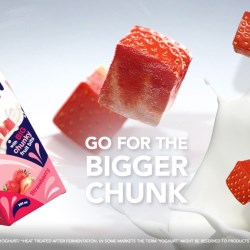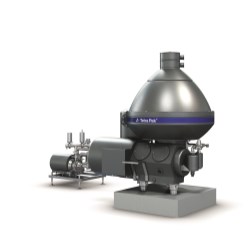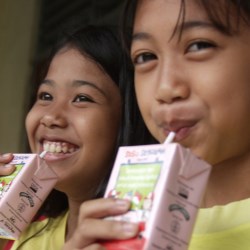If this is your company, CONTACT US to activate Packbase™ software to build your portal.


Considering making the switch from cans to modern, innovative and renewable paper-based retortable packages? Or taking the first steps into food production? Tetra Recart's team of food technology experts provides all the technical support needed for success.
With its food technology team backed by decades of experience in the food industry, as well as access to unique equipment for developing and testing new concepts, Tetra Recart can provide unrivalled support to new and existing customers exploring the benefits of this renewable alternative to cans and jars.
The team is led by Food Technology Manager Urban Nilsson, who has nearly a quarter of a century of experience working with product development in the food industry, and consists of two technologists, a culinary specialist and an engineer. “Our role is to help existing and prospective customers with any questions related to food when using our packaging concept,” he says. “We are also here to support customers looking to extend their product range by coming up with new and innovative ideas.”
Kaj Knudsen, Tetra Recart’s culinary adviser, adds: “Between us we have many years of experience of the industry and its challenges. This experience is part of the total package that we offer our customers.”
Food expertise
Originally a chef, Knudsen spent 36 years at various Nestlé locations around the world before joining Tetra Recart four years ago. He explains that his role places him somewhere between a chef and a food technologist. “As I have been working with this for so long I understand both sides of the equation. We supply the packaging solution, but what goes inside the packages is food, so that is where I come in.”
An example of a new product developed by Knudsen that has gone on to enjoy market success is a hummus he presented at a food industry event two years ago. “Hummus is huge in the US but normally it is refrigerated, rather than being sold in cans or other packaging,” he says. “We presented the product and one of our customers thought it was brilliant. They took my recipe and then went to full production, and today the hummus is selling with great success.” Other products developed by Knudsen for customers include soups, vegetables and grain products, as well as a ratatouille currently being sold on the Spanish market.
The support Knudsen and his colleagues provide is often crucial for customers. “When you buy one of our systems we are there to help, and not only technically,” he says. “We can help you to make the move from cans to cartons, we can help you develop and launch new products, and we work with co-packers to find new customers for them.”
Testing, testing
Knudsen develops new products and other solutions for customers at Tetra Recart’s test factory in Lund, Sweden. “Customers can come here to test their new recipes or existing products in our packaging systems,” says Nilsson. The resulting samples can be used by customers internally within their organizations, or sent out to retailers, or used in consumer tests or shelf-life tests.
“The test factory is a simpler and less costly alternative for everybody,” says Nilsson. “Customers can come here with fairly loose ideas that we can help them to fine-tune.
They can run trials for a day or a week, supported by our experts, using their own raw materials or those we source locally. Customers can confidentially test a number of different recipes within a very short period of time and at short notice, as all customers are unique.”
Taste and technology
Linda Carlstedt, who has worked at Tetra Recart for 12 years, is one of two food technologists working at the company. “As a food technologist I try to get recipes to work in texture and taste, and also the final thermal process,” she says. “It’s about using the right technologies to achieve the product the customer wants.”
Carlstedt is involved as an advisory expert during customer visits to explain how Tetra Recart can help customers achieve the desired product quality. “A typical customer meeting would be in two parts: the theoretical part and then the touch-and-feel part,” she says. “In the theoretical part I explain the differences between Tetra Recart and a metal can. I explain the different machines in our line and the difference between the retorting technologies we offer. When we have gone through all the technical discussions and explanations then we go out and we taste and evaluate the products.”
When visiting recently a new customer with no previous experience of canning, Carlstedt was able to share her expertise on the basics of canning and advise the customer on what to think about when building their new factory. “I bring in the technology aspects, in general terms around food technology but also very specifically in the Tetra Recart system and what we offer in our system,” she says.
Test unit to go
An important component of Tetra Recart’s technology support is a mobile test unit that can be sent to customers’ own sites. This full packaging line – in miniature format – packs, seals and retorts and has been dispatched to customers in Asia, the Americas, and Africa.
“Customers can use their own raw materials but also their own pre-processing equipment and put the resulting product into our package,” says Nilsson. These packages can then be use for shelf-life tests or for limited test launches with consumers, and if necessary with the customer’s own design on the package.
The customer value of the mobile test unit is that it gives quick answers to customers’ questions. “Many of our customers come from the canning industry,” says Nilsson. “The technique has been around for 200 years and this is just new packaging. The mobile test unit is a very quick way for our customers to understand the major differences between what they are doing today and what they can do in the future.”
Global experience
Other parts of the total package that Tetra Recart’s food technology team is able to offer is support on food safety issues and shelf-life issues, including organising product sampling over a period of time and using sophisticated test equipment to monitor changes of colour in a packaged product. “Customers really appreciate our technical knowledge in running equipment, and our experience filling products,” concludes Nilsson. “When it comes to recipes, we have had comments that Italians know Italian products for the Italian market, but when it comes to Italian products for other markets they turn to us because we have the knowledge and experience of having worked globally.”



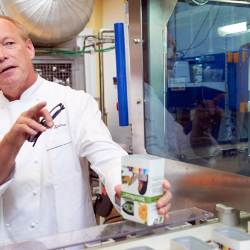
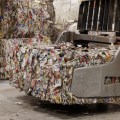
.png)



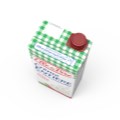
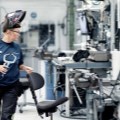



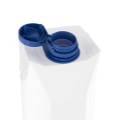
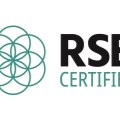






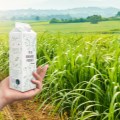
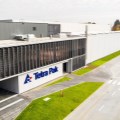






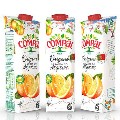

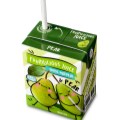
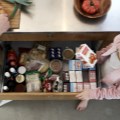

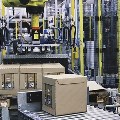




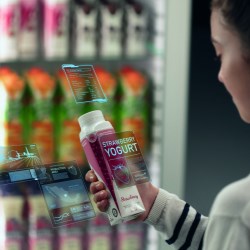


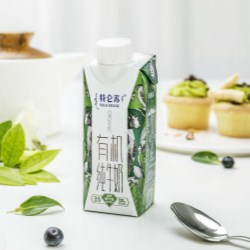

.jpg)
